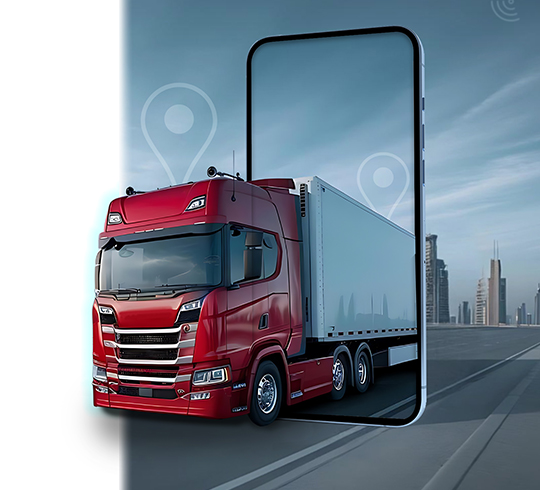GPS Vehicle Trackers
A **GPS vehicle tracking system** is used to monitor the location and movement of vehicles in real-time using Global Positioning System (GPS) technology. Here's an overview of how such systems work and their benefits:
### How GPS Vehicle Tracking Systems Work:
1. **GPS Device**: A small GPS device is installed in the vehicle, typically hidden and connected to the vehicle's power supply.
2. **Location Tracking**: The device receives signals from GPS satellites to determine the vehicle's precise location.
3. **Data Transmission**: The location data is transmitted via cellular networks to a central server, where it can be viewed by the vehicle owner or fleet manager.
4. **Real-Time Monitoring**: The user can monitor the vehicle’s location, speed, route, and other metrics in real-time through an app or web platform.
### Key Features:
- **Real-Time Tracking**: Provides up-to-date information about the vehicle's location.
- **Geofencing**: Allows you to set predefined boundaries and receive alerts if the vehicle enters or exits these areas.
- **Speed Monitoring**: Helps track if the vehicle is exceeding speed limits.
- **Route History**: Keeps a record of the routes taken by the vehicle over time.
- **Theft Recovery**: Can help locate a stolen vehicle by providing real-time tracking.
- **Fuel Efficiency**: Some advanced systems also monitor fuel usage and efficiency.
### Applications:
- **Fleet Management**: Widely used by businesses to manage commercial vehicle fleets, optimize routes, and improve delivery times.
- **Personal Vehicle Security**: Car owners use trackers to protect against theft or monitor usage.
- **Rental Services**: Rental car companies use GPS trackers to keep track of their assets and ensure safe usage.
- **Logistics**: Tracking systems are used in logistics and supply chain management to monitor goods transportation.
If you're looking for specific systems, many companies provide hardware and software solutions like **Samsara, Geotab, Trackimo**, and others. Would you like suggestions for specific providers or more detailed technical advice?
A **GPS vehicle tracking system** is used to monitor the location and movement of vehicles in real-time using Global Positioning System (GPS) technology. Here's an overview of how such systems work and their benefits:
### How GPS Vehicle Tracking Systems Work:
1. **GPS Device**: A small GPS device is installed in the vehicle, typically hidden and connected to the vehicle's power supply.
2. **Location Tracking**: The device receives signals from GPS satellites to determine the vehicle's precise location.
3. **Data Transmission**: The location data is transmitted via cellular networks to a central server, where it can be viewed by the vehicle owner or fleet manager.
4. **Real-Time Monitoring**: The user can monitor the vehicle’s location, speed, route, and other metrics in real-time through an app or web platform.
### Key Features:
- **Real-Time Tracking**: Provides up-to-date information about the vehicle's location.
- **Geofencing**: Allows you to set predefined boundaries and receive alerts if the vehicle enters or exits these areas.
- **Speed Monitoring**: Helps track if the vehicle is exceeding speed limits.
- **Route History**: Keeps a record of the routes taken by the vehicle over time.
- **Theft Recovery**: Can help locate a stolen vehicle by providing real-time tracking.
- **Fuel Efficiency**: Some advanced systems also monitor fuel usage and efficiency.
### Applications:
- **Fleet Management**: Widely used by businesses to manage commercial vehicle fleets, optimize routes, and improve delivery times.
- **Personal Vehicle Security**: Car owners use trackers to protect against theft or monitor usage.
- **Rental Services**: Rental car companies use GPS trackers to keep track of their assets and ensure safe usage.
- **Logistics**: Tracking systems are used in logistics and supply chain management to monitor goods transportation.
If you're looking for specific systems, many companies provide hardware and software solutions like **Samsara, Geotab, Trackimo**, and others. Would you like suggestions for specific providers or more detailed technical advice?
0 التعليقات
0 المشاركات
17109 مشاهدة















